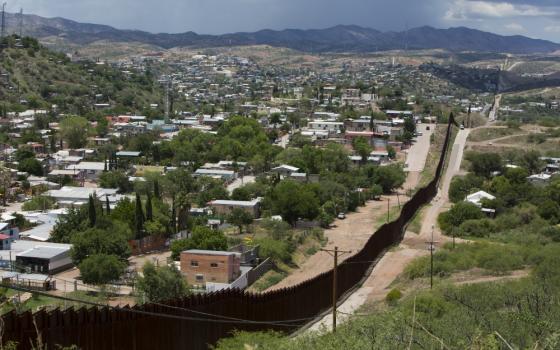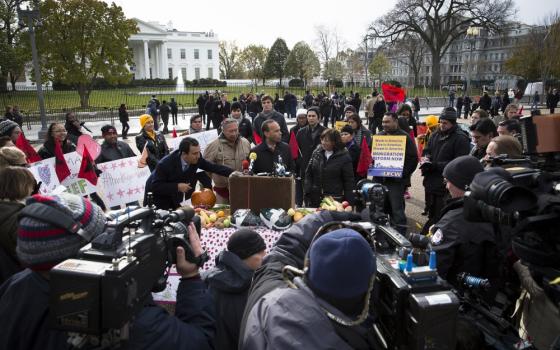A couple of weeks ago a headline caught my attention: “How can a three year old represent himself in court?” Having been a legal aid attorney for over 20 years, I was curious. How could anyone expect that? We in the U.S. have legal protections in place when children’s welfare is at stake. The system has safeguards which are supposed to prevent their return to dangerous situations.
Sadly, but not surprisingly, the children the article was talking about are unaccompanied minors from Central America who have made the arduous journey to the U.S. There is no right to legal representation for them as they face immigration proceedings which could end up returning them to the very dangerous situations from which they escaped. A nation-wide class action suit has been filed in the U.S. District Court of the Western District of Washington trying to remedy that situation. The government has filed a motion to dismiss.
In nine out of ten cases where children were not represented by attorneys, immigration judges ordered them deported, according to a report by the Transactional Records Access Clearinghouse at Syracuse University. Lawyers do make a difference. As Global Sisters Report indicated, many have volunteered their services in past months for both minors and families seeking refuge, including through the Catholic Legal Immigration Network, Inc. (CLINIC). At the end of September, the government announced that they will be providing 9 million dollars for legal representation of minors in nine cities over the next two years, nearly half of which will go to CLINIC. While some estimate that more than 2600 children will be provided with representation, that does not come close to meeting the demand of the 60,000 children who were apprehended in fiscal year 2014.
Last Friday, while attending an Inter-American Development Bank conference on Central America Vice President Biden announced a plan to allow children still in Honduras, El Salvador or Guatemala whose parent is in the U.S. to apply for refugee status. But only a small number are expected to benefit. The U.S. has only 4,000 total slots for refugees from Latin America.
Media attention has moved on to other issues. The plight of the children and families are off our radar screen. Not many of us are aware of the problems with the detention centers in Artesia, New Mexico and the recently opened one in Karnes City, Texas, where women and children seeking asylum are being held in prison-like conditions. U.S. News and World Report cites an October report by Lutheran Immigration & Refugee Service and the Women’s Refugee Commission in which they conclude that the use of these detention centers “undermines the basic family structure and has a devastating psychosocial impact.” The report calls for their closure. So did the attorneys volunteering there in August, as Janet Gildea reported in Global Sisters Report.
Yesterday, the U.S. government announced that it will be closing the detention center in Artesia by the end of the year. But the Karnes facility, which is operated by the for-profit Geo Group, Inc. will remain open. And the largest detention facility, currently under construction in Dilley, Texas, expects to receive its first detainees in December. In a strange twist of events, the small town of Eloy, Arizona, is the contractor. The Corrections Corporation of America, another for-profit corporation, will carry on the day-to-day operations. The issues surrounding the privatization of these facilities merits its own separate blog.
Meanwhile, deportations continue to mount and efforts to address the plight of so many families through comprehensive immigration reform are stalled. Congress is at a stand-off, posturing for publicity sake. And any day now President Obama is expected to sign an executive order extending relief to as many as 3.3 million undocumented immigrants who have lived in the United States for at least five years. What about the millions of others?
[Jan Cebula, OSF, is liaison to women religious in the United States for Global Sisters Report.]

